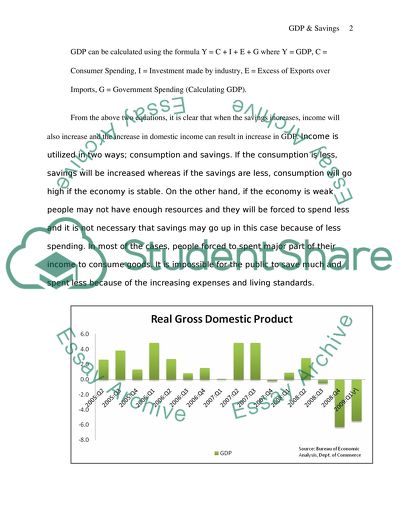Cite this document
(Effect of Savings on GDP Essay Example | Topics and Well Written Essays - 1250 words, n.d.)
Effect of Savings on GDP Essay Example | Topics and Well Written Essays - 1250 words. https://studentshare.org/macro-microeconomics/1564106-how-could-asving-effect-gdp
Effect of Savings on GDP Essay Example | Topics and Well Written Essays - 1250 words. https://studentshare.org/macro-microeconomics/1564106-how-could-asving-effect-gdp
(Effect of Savings on GDP Essay Example | Topics and Well Written Essays - 1250 Words)
Effect of Savings on GDP Essay Example | Topics and Well Written Essays - 1250 Words. https://studentshare.org/macro-microeconomics/1564106-how-could-asving-effect-gdp.
Effect of Savings on GDP Essay Example | Topics and Well Written Essays - 1250 Words. https://studentshare.org/macro-microeconomics/1564106-how-could-asving-effect-gdp.
“Effect of Savings on GDP Essay Example | Topics and Well Written Essays - 1250 Words”. https://studentshare.org/macro-microeconomics/1564106-how-could-asving-effect-gdp.


